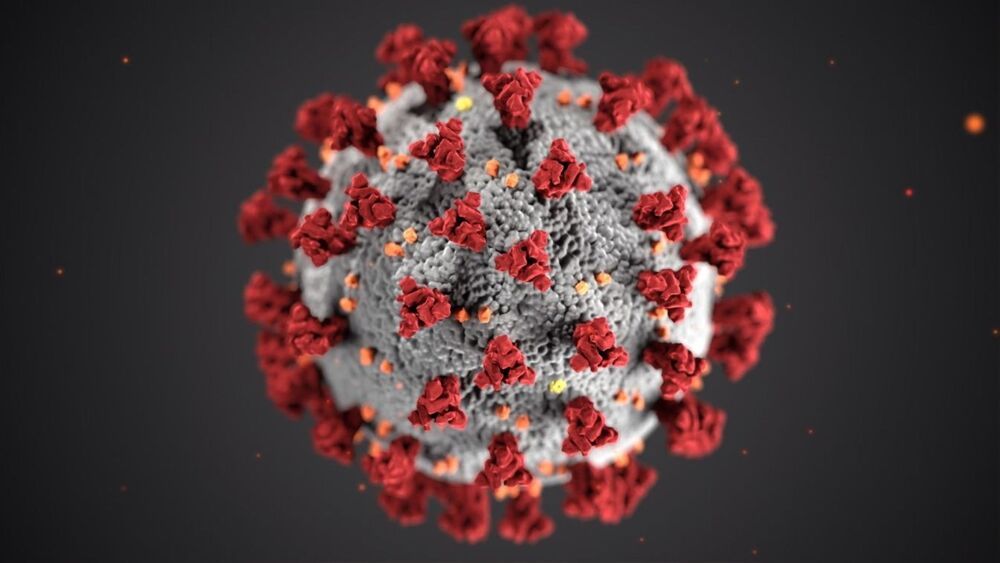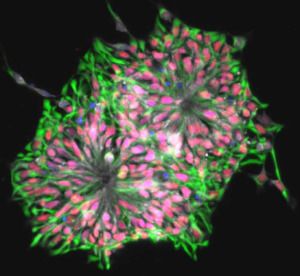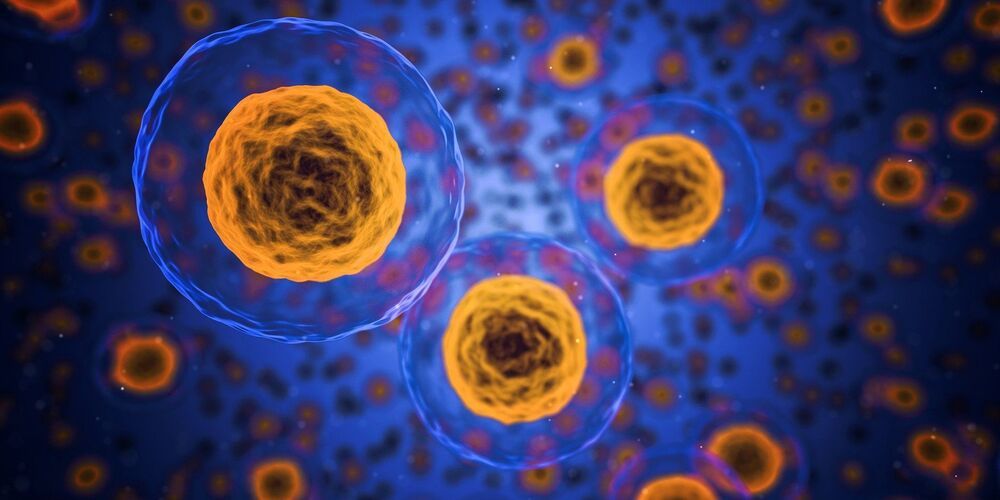What rights does a robot have? If our machines become intelligent in the science-fiction way, that’s likely to become a complicated question — and the humans who nurture those robots just might take their side.
Ted Chiang, a science-fiction author of growing renown with long-lasting connections to Seattle’s tech community, doesn’t back away from such questions. They spark the thought experiments that generate award-winning novellas like “The Lifecycle of Software Objects,” and inspire Hollywood movies like “Arrival.”
Chiang’s soulful short stories have earned him kudos from the likes of The New Yorker, which has called him “one of the most influential science-fiction writers of his generation.” During this year’s pandemic-plagued summer, he joined the Museum of Pop Culture’s Science Fiction and Fantasy Hall of Fame. And this week, he’s receiving an award from the Arthur C. Clarke Foundation for employing imagination in service to society.







